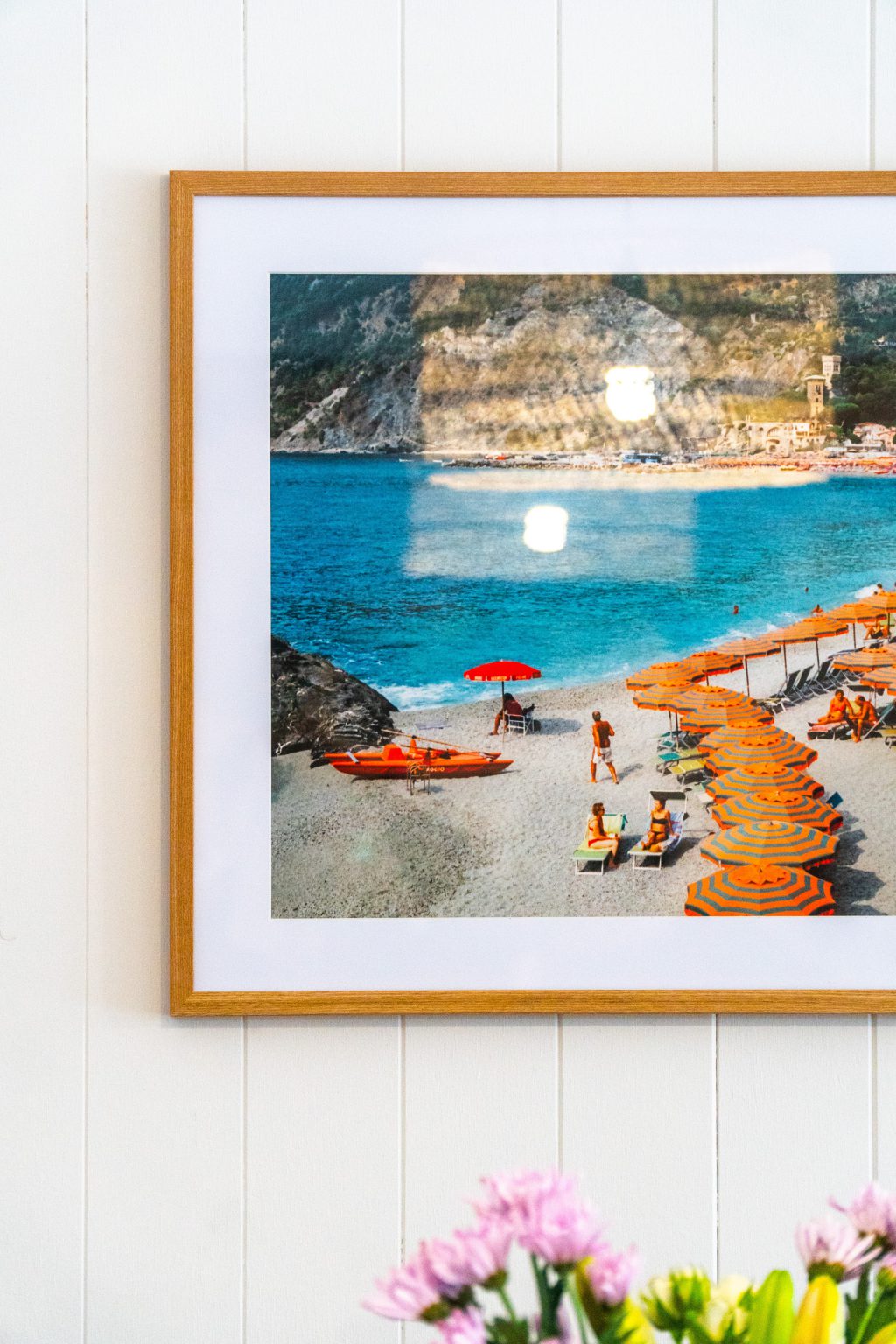
Mediterranean Diet & Health Congress- Wine Symposium
Part of the speech in the wine symposium held in the Mediterranean Diet & Health Congress – A Nutritional Odyssey in Greece (17-10-17, Sani)
I would like to take this opportunity to share a few words about wine in moderation and some thoughts on why the Mediterranean diet and lifestyle are so important in safeguarding and further encouraging moderate and responsible drinking patterns. Hoping that some of these thoughts will generate dialogue during the symposium.
You all know that in Ancient Greece the God of wine was Dionysus (or Bachus if you prefer) a God that is associated with Pleasure. You will also know that at the opposite side, there was a rival god called Apollo, a God known for harmony and beauty. And you have certainly heard stories about each of these Gods.
For me, what is interesting is not what each god represents and its symbolism; but more importantly how they all co-existed, and how stories were created to help people make sense of the world co-existing with each other.
If we look at the life of ancient Athens, social life was organised around the Symposium, which actually means “drink together”. Holding a symposium was great responsibility and a lot of preparation was made to allow dialogue and joy. The Sommeliers (oinoxoos) were responsible for properly mixing wine with water (krasi) to maintain the people sober and allow them to continue the discussion. Those that drank in excess were expelled from the symposium and as such by social life in general.
I found the best definition of Moderation in the words of Athenaus Neucoratis in his work explaining the life in the symposium. And It goes like this.
“Only 3 glasses of wine to those that know. The first is for the health, the second for the love, and when the third is consumed the wise goes home, the 4th is not for me is for Hubris.”
Hubris the ultimate sin.
Social and cultural norming, or if you prefer cultural memes, are helping us behave and adapt. It is not only the nature of the product but most importantly the culture of the product.
But let’s leave ancient history and go to a more recent one of about 60 years ago, when leading scientists discovered the connection of the Mediterranean diet with health. Opening a scientific research field that has also brought us here today.
Life, though has significantly changed since then.
Some elements that we are trying to reintroduce today like local products, seasonality, etc was just the reality then. The Mediterranean Pyramid was a necessity, meat was for Sundays supper, not only because it was expensive but also because it followed the life cycles of the nature.
With all these changes how can the Mediterranean lifestyle and diet still be relevant with today’s people’s lives and health?
How do we safeguard and further promote a culture of harmony and appreciation to the people of the regions?
And
How can people from other regions understand the culture that lies behind this particular lifestyle?
Vines have been part of the Mediterranean for ever.
Wine has been part of the society; its traditions, diet and lifestyle. We are privileged to build on a heritage of millennia, but we know that we have the responsibility to sustain, develop and deliver a sustainable wine culture to the next generation, that will inspire healthy lifestyles and well-being.
With our feet in the present, we take our heritage to move safely to the future. But it is all of you that are here today with your research; your ethos; and integrity that will guide our way.
We are extremely happy to be here with you and thank you for allowing and supporting the dialogue.
Following our ancestors, we have carefully selected the wine and paired it with the food. We have asked the head sommelier and the waiter to serve moderately. If you do not want to be served wine please just mention it to the waiters. If you want to be served more please remember the words of the Athenaus. And In every case enjoy !Kali Orexi!
+ There are no comments
Add yours